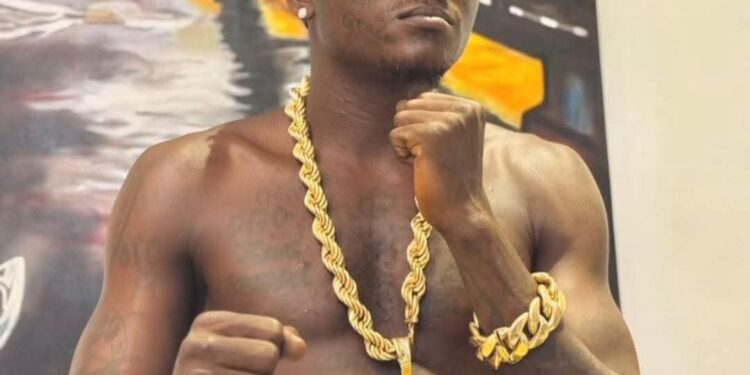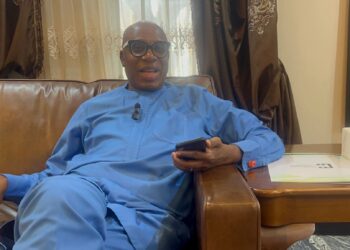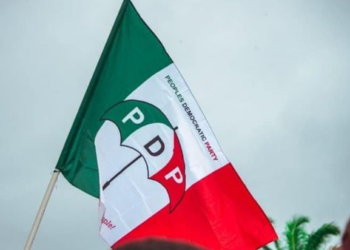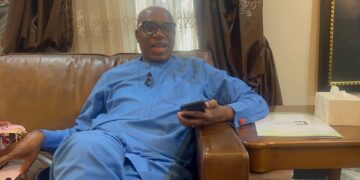
By Ibrahim Kegbegbe
Nigerian street-hop singer, Habib Okikiola, popularly known as Portable, has once again stirred controversy on social media—this time, alleging that his bank account containing over N400 billion has been frozen by First Bank of Nigeria.
In a video shared via his official Instagram page, the self-acclaimed “Wahala Musician” claimed that the money in question was legitimate earnings from his music career, particularly from international streaming platform Apple Music. According to him, he fears visiting the bank in person due to concerns that the Economic and Financial Crimes Commission (EFCC) might be involved, referencing a previous incident involving fellow online personality VeryDarkMan (VDM) and GT Bank.
“My funds are currently with First Bank, totaling over 400 billion Naira, and they’ve frozen my account!” Portable cried out in the video. “I’m not involved in any illegal activities; I make my living through music. That money was sent to me by Apple Music.”
The singer called on Nigerians to rise to his defense and pressure First Bank to release the funds, a claim that has since gone viral across social media platforms.
However, many fans and observers have expressed skepticism over the accuracy of the claims, especially considering the staggering figure mentioned. Industry insiders suggest that Portable may be leveraging the sensational statement as part of his usual online theatrics, known locally as “social media cruise.”
Portable rose to fame in late 2021 with his breakout single Zazuu Zeh, featuring Olamide and Poco Lee. Since then, he has built a brand around controversy, frequently engaging in public spats, dramatic live sessions, and unpredictable statements that often trend online. While he has a loyal fan base, his erratic behavior and numerous brushes with authorities have kept him in the headlines for reasons beyond music.
Neither First Bank nor the EFCC has responded publicly to the claims at the time of filing this report. Attempts to verify the existence of such an account or the alleged Apple Music payment have also yielded no official confirmation.
As the debate continues, critics urge the public to approach such viral claims with caution, particularly in an era where online content is often weaponized for engagement.

















